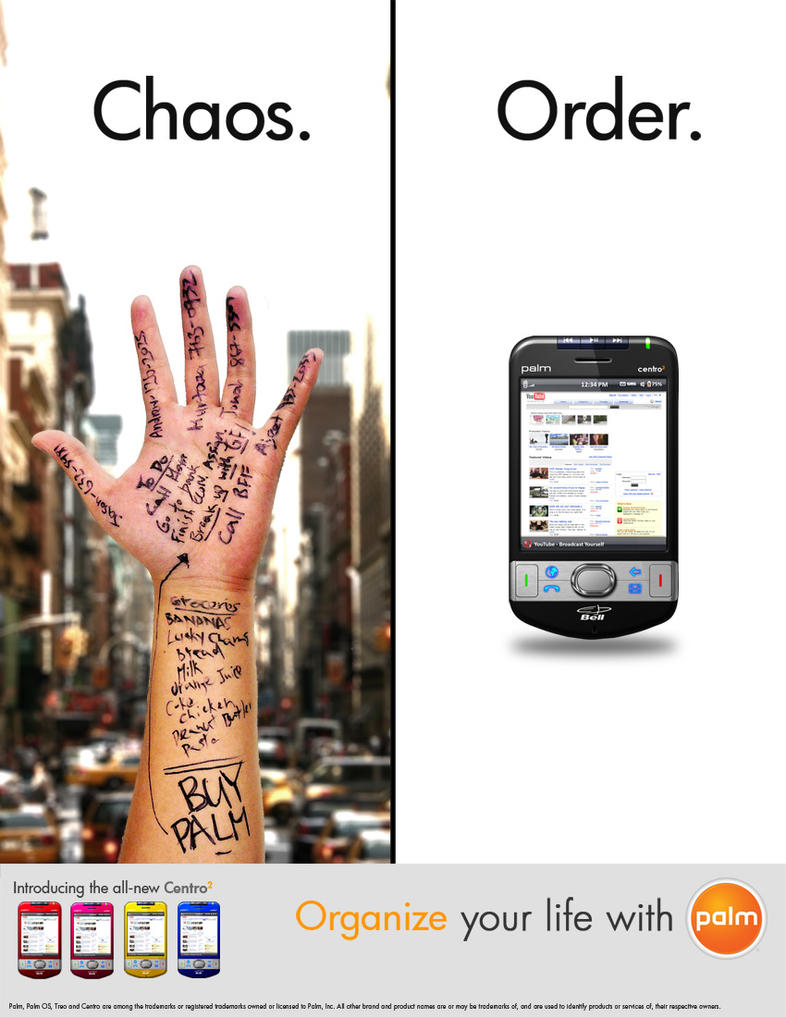- Please Peruse Schwager's 2016 Tour
- Suffixes
- esis, osis - action, process, condition
- ess - female
- Go to Bedford Punctuation: Brackets (39: Other Punctuation)
- Copy down the first sentence for the use of parentheses
- Give two example sentences
*Debate ~ Logical Fallacies
- Go over Logical Fallacies and commercials. What fallacies do you hear most often?
- Facts/Statistics
- Quotes
- Cause/Effect Relationships
- Anecdotes (short stories)
- Opinion (from experts or general)
- Hypothetical examples
- Comparisons/Analogies
- THEMES is an acronym for the SIX areas you can use to look for arguments. By knowing these six areas, you will make sure that you have thoroughly searched for all the possible angles of an issue.
- Typically you will narrow in on three or four main THEMES to focus on for your debate.
Health Does it allow people to be physically, mentally or socially healthier?
Education Does it enable people to become better educated?
Money Does it save people money?
Environment Does it help the Earth's environment?
Safety Does it keep people safer?
Use the THEMES Worksheet to analyze the article for each "angle" or topic.
Together: Read the article and fill out the THEMES chart to check for arguments on each side.
Independent Practice: Find an an article from your research that explains a bit from both sides. Analyze this article as modeled in class by filling out the second half of the THEMES Worksheet. (You may use two articles if you can't find a one that covers both sides.)
HW: Complete the THEMES Worksheet with your own article.





















